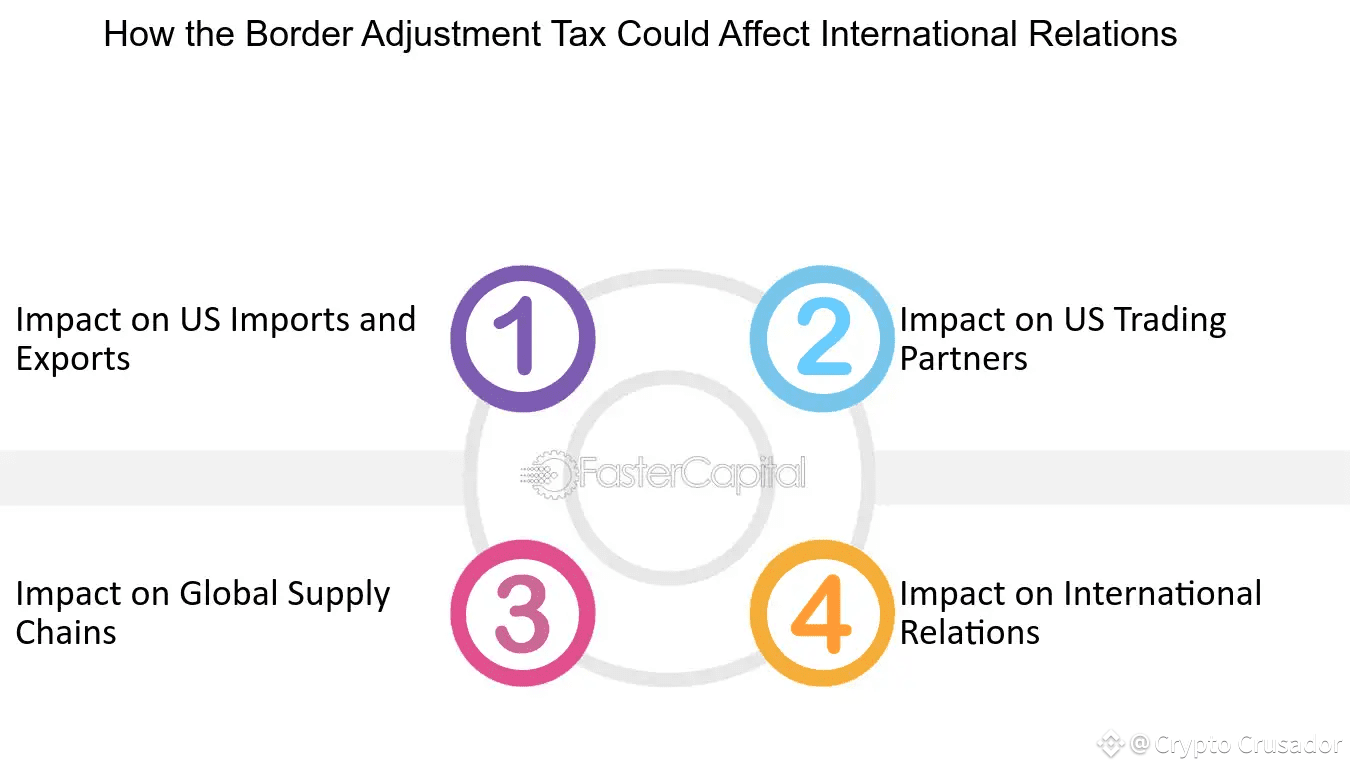US tax policies significantly impact global trade through tariffs, corporate taxes, and their effects on import/export prices and profitability. The implementation of tariffs, like the reciprocal tariffs announced in April 2025, can trigger negative global reactions and disrupt trade flows. Furthermore, corporate tax policies affect the competitiveness of US firms in international markets and influence the pricing of goods for both domestic and international consumers.

Impact of Tariffs:
Increased Costs and Price Increases:
Tariffs imposed on imported goods raise the cost of those goods for importers. This can lead to higher consumer prices if importers choose to pass those costs on, or it can reduce the profitability of importing firms if they absorb the cost.
Potential for Retaliatory Tariffs:
When one country imposes tariffs, it often triggers retaliatory tariffs from other countries, leading to a trade war and further disruption of global trade.
Shifting Trade Patterns:
Tariffs can incentivize companies to seek alternative suppliers in countries with lower tariffs or to shift production to countries with lower tax burdens, potentially altering global trade patterns.
Impact of Corporate Taxes:
Competitiveness of US Firms:
Corporate tax rates can affect the competitiveness of US firms in global markets. Lower corporate taxes can make US companies more attractive to foreign investors and more competitive in exporting goods, while higher taxes can have the opposite effect.
Impact on FDI:
Corporate taxes can influence foreign direct investment (FDI). Lower corporate taxes may attract more FDI into the US, while higher taxes may deter it, potentially impacting the overall economy.
Pass-through Effects:
Corporate taxes can also indirectly affect international trade through their impact on consumer prices. Changes in corporate tax rates may be reflected in the prices of goods sold both domestically and internationally.
Examples:
The US tariffs on Chinese goods in 2018 led to increased prices for American consumers and a decrease in imports from China.
Studies have shown that a 10% tariff on goods can lead to a 0.35% increase in consumer prices, according to the Economics Observatory.
The effective corporate tax rate, taking into account deductions and exemptions, is often more important than the statutory rate in determining the impact on international trade.
An increase in the corporate income tax rate can lead to a decrease in exports.